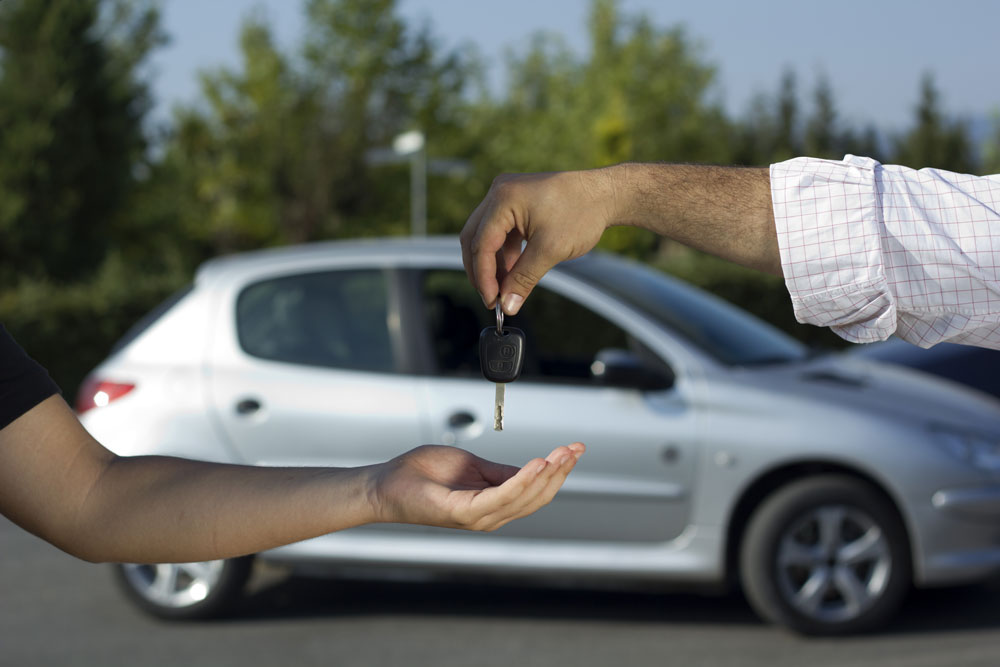Holiday Road Trips & Summer Heat: Is Your Cooling System Ready?
For many Australians, the holiday season means packing the car, loading up

When it comes to acquiring a new car consumers are faced with a fundamental decision: should they lease or buy? Each option has its own set of advantages and disadvantages, making the choice a complex one. In this blog post, we’ll explore the pros and cons of leasing vs. buying a car to help you make an informed decision that suits your financial situation and lifestyle.
Lower Monthly Payments: One of the primary attractions of leasing a car is the lower monthly payments compared to a loan for buying. This can free up your monthly budget for other expenses.
New Cars Regularly: Leasing allows you to drive a brand-new vehicle every few years, typically on a 2-4 year lease term. This means you can enjoy the latest technology, safety features, and improved fuel efficiency.
Reduced Maintenance Costs: Most lease agreements include warranties that cover routine maintenance, reducing the out-of-pocket expenses associated with vehicle upkeep.
Tax Benefits: In some cases, businesses can claim tax deductions on lease payments, which can be an appealing option for those who use their car for work purposes.
No Ownership: When you lease a car, you don’t own it. This means you have to return the vehicle at the end of the lease term, and you have no equity in the vehicle.
Mileage Restrictions: Leases typically come with mileage limits. Exceeding these limits can result in additional charges, which can add up quickly if you have a long commute or enjoy road trips.
Continuous Payments: Unlike buying a car where payments eventually stop, leasing involves a continuous cycle of monthly payments as you move from one lease to another.
Ownership: When you buy a car, it’s yours to keep as long as you want. This means you can build equity in the vehicle and sell it when you’re ready for an upgrade.
No Mileage Limits: You can drive as much as you want without worrying about mileage restrictions or excess charges.
Freedom to Customise: As the owner, you can customise your vehicle to your liking without any restrictions from the leasing company.
Long-Term Savings: While the initial upfront cost may be higher, buying a car can be more cost-effective in the long run since you eventually stop making payments.
Higher Initial Costs: Buying a car usually requires a significant upfront payment or a car loan, which can be a barrier for some buyers.
Depreciation: New cars lose value quickly, and the rate of depreciation can be higher than the value gained through ownership.
Maintenance Costs: As the owner, you’re responsible for all maintenance and repair costs once the warranty expires.
Limited Access to New Technology: If you keep your car for many years, you may miss out on the latest technological advancements and safety features available in newer models.
In conclusion, whether you should lease or buy a car depends on your individual needs and financial situation. If you prioritise lower monthly payments, enjoy driving a new car every few years, and don’t mind not owning the vehicle, leasing might be a suitable option. On the other hand, if you prefer long-term ownership, the freedom to customise your car, and potential long-term cost savings, buying could be the way to go.
Before deciding, it’s essential to thoroughly research and compare lease and loan offers, consider your driving habits, and assess your long-term goals for car ownership. Ultimately, the choice between leasing and buying should align with your personal preferences and financial objectives.
For many Australians, the holiday season means packing the car, loading up
The countdown to summer holidays is on, road trips are planned, eskies
There’s nothing like a cool burst of air on a hot Queensland
Copyright 2018 © Red Devil Radiators and Air Conditioning | Privacy Policy | Web Development and Hosting by Digimedia Worx Pty Ltd
This website uses cookies to improve user experience. By using our website you consent to all cookies in accordance with our privacy and cookies policy.
